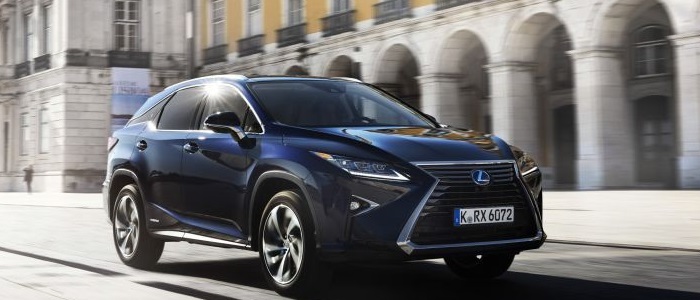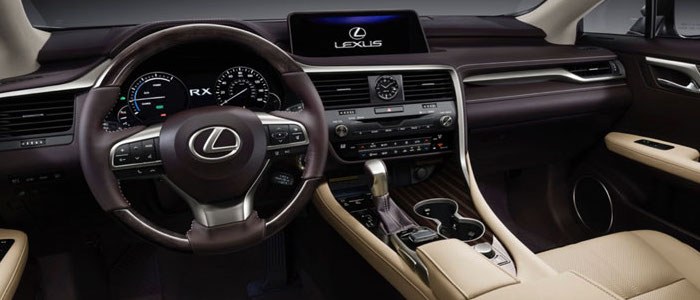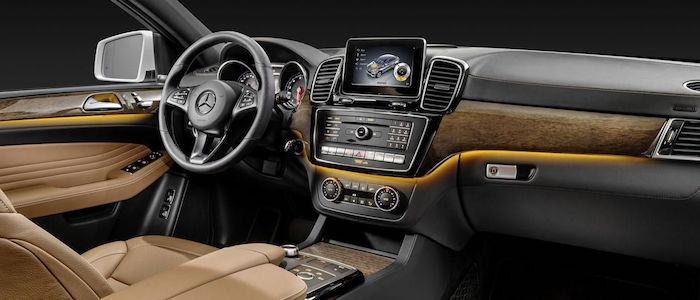Compare two cars
Compare any two cars and get our Virtual Adviser™ opinion
Dimensons & Outlines
Check a car with 30% off a report
Engine
3.0 M276 DE30 AL LP
Performance (manual gearbox)
Performance (automatic gearbox)
Expenses
Virtual Adviser's™ opinion
Well, these are two pretty similar cars we have here! It's only details that could potentially make the difference. Considering they both belong to the suv segment and utilize the same 5-door suv body style and the 4 x 4 wheel drive system, it all comes up to the specific petrol engine choice they offer. The first one has a Toyota-engineered powertrain under the hood, a 6-cylinder, 24-valves 301hp unit, while the other one gets its power and torque from a 6-cylinder, 24-valves 333hp engine designed by Mercedes Benz.
SafetyA starting point here would be to take a look at the results from European New Car Assessment Programme (Euro NCAP) tests which were performed on both of the cars, with the same number of safety stars gained in the process. That aside, let's consider some other aspects which affect safety. Both vehicles belong to the suv segment, which is generally a very good thing safety-wise, but that fact doesn't break the tie between the two cars. On the other hand, if we'd like to consider vehicle mass in this context too, which we definitely should, the German car offers a marginal difference of 5% more metal.
ReliabilityReliability is not the best thing to consider on the make level, but it is worth mentioning that Lexus as a brand displays somewhat better results, all the models observed together. These are the official statistics, while our visitors describe reliability of Lexus with an average rating of 4.9, and models under the Mercedes Benz badge with 4.3 out of 5. Unfortunatelly, I don't have enough insight that would allow me to comment in more details on the specific models level. We should definitely mention that owners of cars with the same powertrain as the Japanese car rank it on average as 3.0, while the one under the competitor's bonnet gets 5.0 out of 5.
Performance & Fuel economyMercedes Benz is undoubtly more agile, reaching 100km/h in 2.4 seconds less than its competitor. In addition to that it accelerates all the way to 247 kilometers per hour, 47km/h more than the other car. When it comes to fuel economy things look pretty much the same for both cars, averaging around 9.1 liters of fuel per 100 kilometers (31 mpg), in combined cycle.
Verdict
Mercedes Benz appears just a bit more reliable, although the difference is truly marginal. The most important thing when deciding between any two vehicles should always be safety, both passive and active. In my opinion, everything taken into account, the German car offers slightly better overall protection and takes the lead. It all continues in the same direction, with Mercedes Benz outracing its opponent in any situation possible, making it better choice for boy racers. It does come at a cost though, and that's the fuel consumption... It's not difficult to say then that if I'd need to make a choice, it would definitely be the Mercedes Benz. Nevertheless, let's not forget that people have different preferences and needs, so what really counts is your personal feel. I'm only here to help. I suggest you spend two more minutes in order to find out which car, based on your needs and budget, would be picked by the virtual adviser™, out of 12.000+ vehicles we currently have in our database.

































